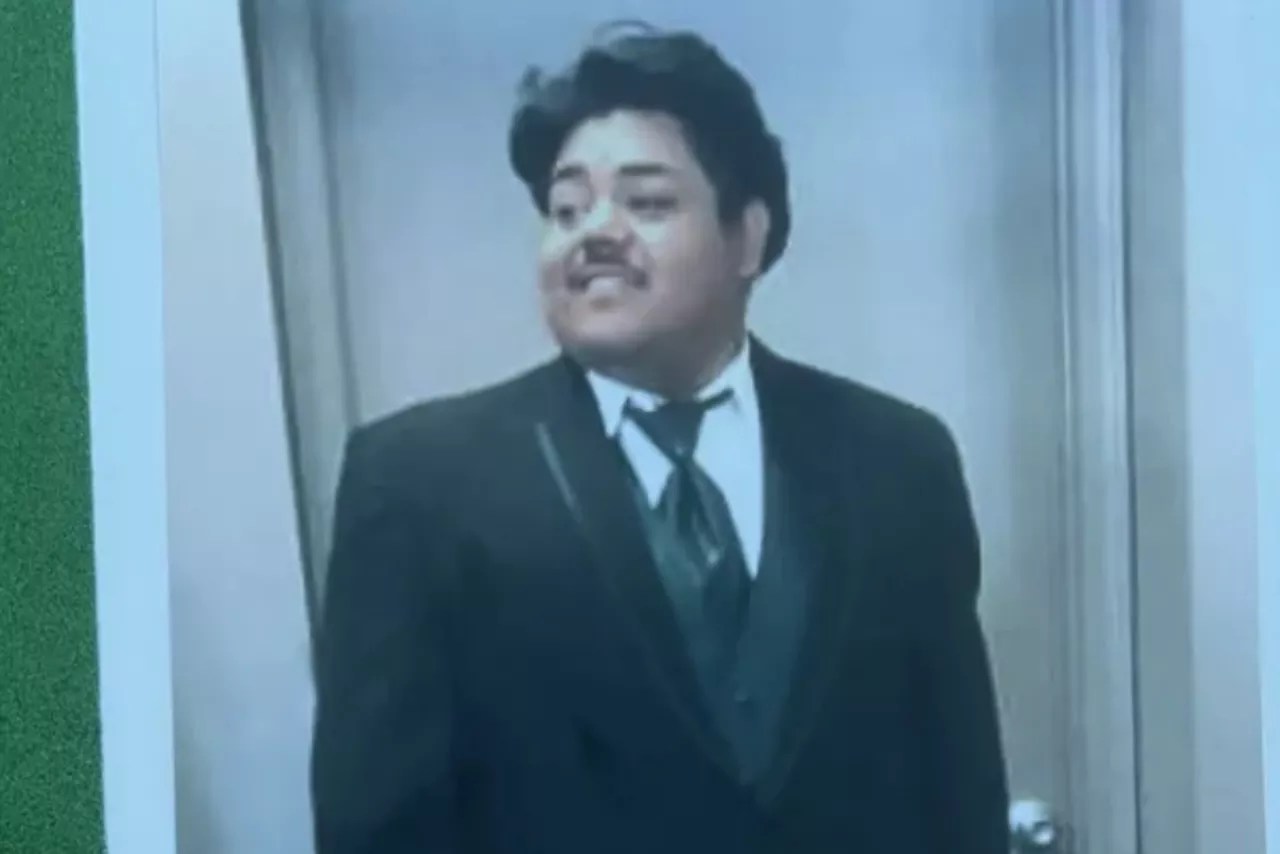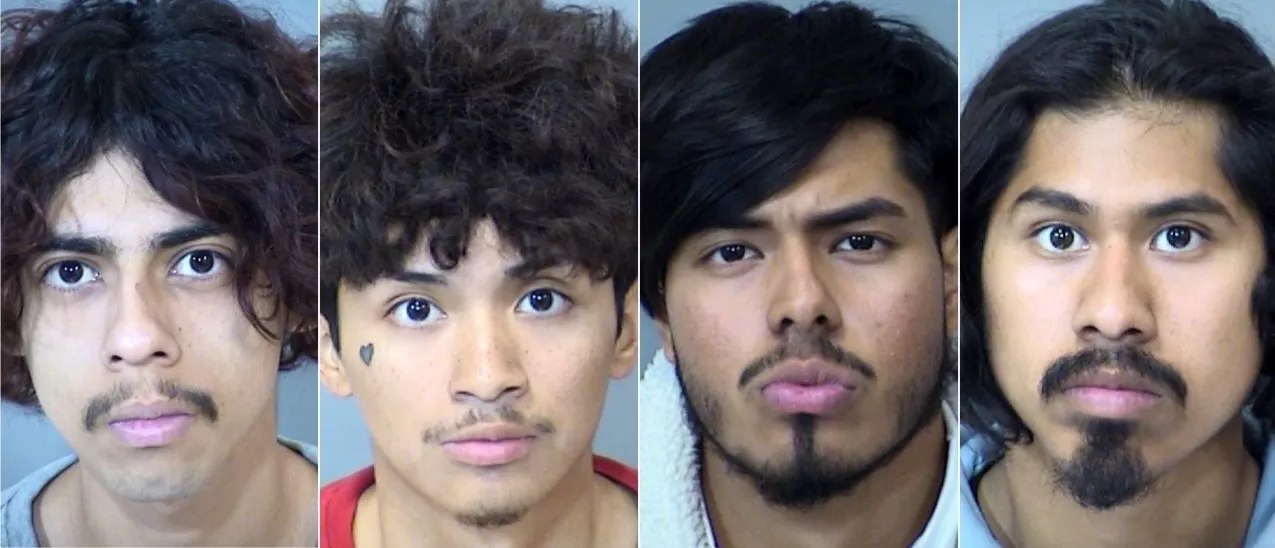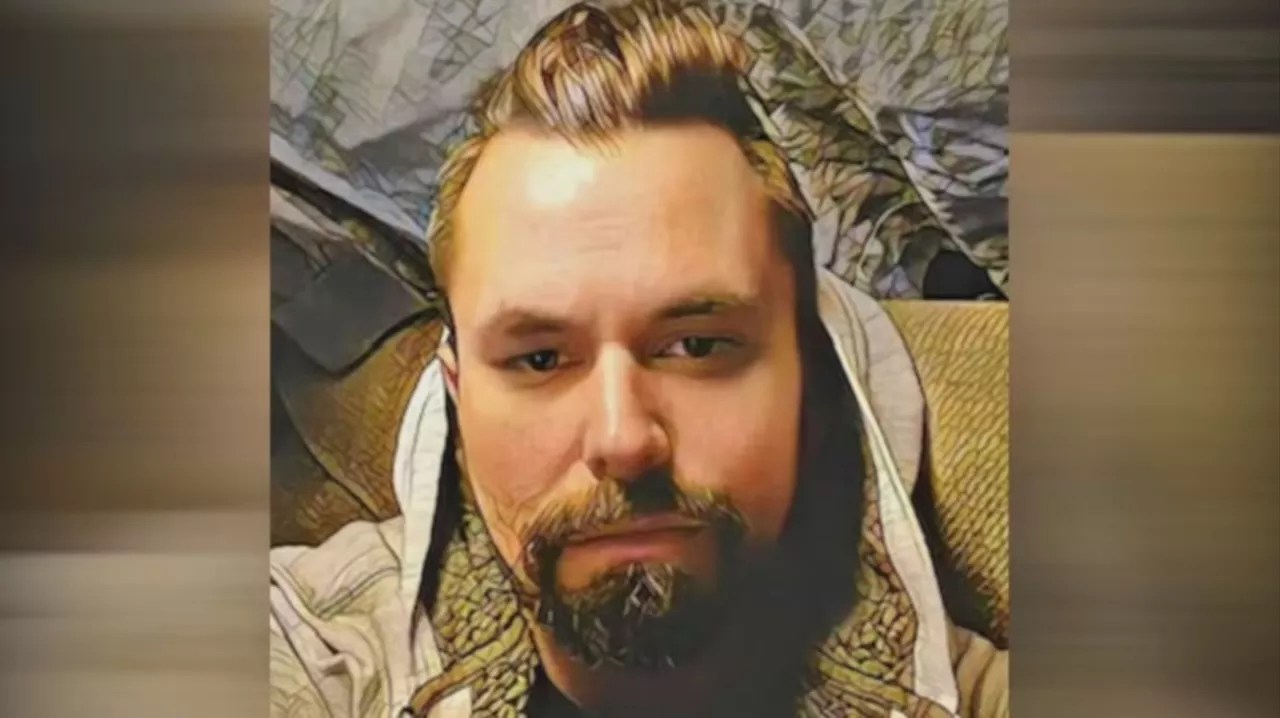
Go Fund Me

Audio By Carbonatix
Recent arrests in the deaths of three gay men in Phoenix point to anti-gay bias as a motivating factor in the murders, but Maricopa County Attorney Rachel Mitchell said her office can’t prosecute the alleged killers for hate crimes.
Why? Arizona doesn’t have a stand-alone hate crime law. At most, prosecutors could seek to use bias as an aggravating factor during the sentencing phase of a trial, Mitchell said during a Dec. 13 press conference.
“In Arizona, we have sentencing ranges that are available for crimes,” Mitchell said. “What the judge is tasked with doing is starting at what’s called a presumptive sentence, a starting point, and weighing and balancing both aggravating factors as well as mitigating factors.”
An aggravating factor could include a prior criminal record, while a mitigating factor could be that the defendant suffers from a mental illness, she said.
For example, in Arizona, assault with a deadly weapon is a Class 3 felony. Under the sentencing guidelines for a first-time offender, the minimum sentence is 2.5 years, the presumptive sentence is 3.5 years, and the maximum sentence is 7 years.
Aggravating and mitigating factors are governed by Arizona Revised Statute 13-701, which lists 27 possible aggravating factors. Among them are targeting a victim “out of malice” over their identity or perceived identity based on race, color, religion, national origin, sexual orientation, gender, antisemitism or disability. The statute does not include gender identity.
Effectively, committing a crime out of “malice toward a victim” for one of these reasons is Arizona’s definition of a hate crime.
In the case of a crime driven by prejudice, Mitchell said her office would have to file a notice with the court that prosecutors are seeking enhanced sentencing for an aggravating factor to the underlying crime.
The jury would then decide if the prosecution proved the aggravating factor beyond a reasonable doubt. If the jury agrees, the judge could deviate upward from the presumptive sentence or choose not to do so.

Christopher Ibarra, Jose Rodriguez, Leonardo Santiago and Manuel Carrasco Calderon are all charged in the killing of Bernardo Pantaleon.
Maricopa County Sheriff’s Office
Recent homicide victims targeted for being gay
In the killings of Bernardo Pantaleon, Jake Kelly and Osvaldo Castillo, court records indicate that anti-gay bias may have been a factor in the slayings.
Phoenix police arrested four men in December in the shooting death and mutilation of Pantaleon, 30, whose body was discovered Nov. 26 in a park near 7th and Cinnabar avenues.
According to court documents, the suspects, allegedly gang members, discussed the killing in an online chat and “made derogatory remarks regarding the victim’s sexuality” and commented about “homosexuals not being allowed on the northside,” according to court records.
The alleged shooter, Leonardo Santiago, 21, allegedly confessed to killing Pantaleon over what he claimed was an “unwanted advance.” Santiago is charged with first-degree murder, assisting a street gang and crimes against a dead person.
After his arrest, Santiago allegedly confessed to also killing Castillo, 20. Police say Santiago shot Castillo in the back of the head on March 20 after meeting him for sex.
In November, police arrested three people in connection with the Aug. 27 beating death of Jake Kelly, a 49-year-old gay man who worked at a local pizza joint. One of the accused, Cory Young, is an ex-con and neo-Nazi skinhead with a swastika and SS lightning bolts tattooed on his chest.
Young, 44, and his wife Shannon, 37, were sharing a house with Kelly at the time of his death. They told police they found Kelly beaten to a pulp in the home’s driveway, took him inside, bathed him, changed his clothes and waited 16 hours before taking him to a hospital.
Court records state that Kelly “sustained multiple blunt force injuries,” including skull, face and rib fractures and “numerous internal injuries.” After several surgeries, he slipped into a coma and was eventually taken off life support.
The Youngs were each charged with one count of hindering a police investigation, a felony. A third suspect, Angel Mullooly, 34, was charged with second degree murder.

Maricopa County Attorney Rachel Mitchell said Arizona law allows for a sentence enhancement for some crimes targeting people over their race, color, religion, national origin, sexual orientation, gender, antisemitism or disability.
Katya Schwenk
Bias enhancement rarely sought in Arizona
Mitchell said during her Dec. 13 press conference that aggravating factors don’t apply to first and second degree murder charges, but they could apply to other charges filed in the killings of the three gay men.
Friends and family of Pantaleon and Kelly have told media outlets that they believe the killings should be prosecuted as hate crimes.
Mitchell said her office is reviewing the cases to determine whether prosecutors will seek a bias enhancement to the sentencing. She cautioned that her office needs evidence that the crimes were “motivated by hatred toward a certain group.” Usually, the decision is made by the prosecutor assigned to the case, she said.
When New Times asked Mitchell how often bias had been used by the county attorney’s office as an aggravating factor, she said her office would provide the numbers. A spokesperson later said the office was treating the question as a public records request and didn’t provide the information.
But according to one veteran prosecutor, Vince Goddard, the bias enhancement is rarely sought in Arizona. Goddard, a former division chief with the Maricopa County Attorney’s Office, is now a deputy county attorney in Pinal County.
Goddard said other aggravating factors are easier to pursue. Prosecutors only need to prove one aggravating factor for a judge to consider imposing the maximum sentence. Among the 27 factors listed in state law are prior felony convictions, use of a deadly weapon during the crime, infliction or threatened infliction of “serious physical injury” and the presence of an accomplice.
“It’s easier to prove conduct than it is motivation,” Goddard said. “If I’ve got one thing that’s easier to prove and it gets me to the same spot, it’s a pragmatism argument.”
Proving one factor allows the judge to move past the presumptive sentence to the maximum sentence. Proving two factors allows the judge to impose a longer “aggravated sentence,” sometimes referred to as a “super-aggravated sentence” by prosecutors. But the court is not bound to it and can ignore it if it wants, Goddard said.
In general, state and federal statutes recognize that motivation is a significant factor in other crimes. The difference between first and second degree murder is one example, with first degree murder requiring premeditation in most cases. Federal statutes also treat acts of terrorism differently from other violent crimes.
Goddard said the legislature should pass a law with a “set enhancement,” dictating a specific amount of time tacked on to the sentence for hate-motivated crimes. This would give prosecutors added incentive to prove that bias propelled the actions of the perpetrator, he explained.

Jake Kelly was beaten and left in the driveway of his north Phoenix home on Aug. 27. He died from his injuries on Sept. 8.
Courtesy Jan Kelly
‘Hate crimes are message crimes’
Representatives of the Arizona NAACP and Chicanos Por La Causa, a Phoenix-based advocacy group for Mexican Americans, agreed that the legislature should pass a stand-alone hate crime bill to punish felonies motivated by bias.
Michael Williams, chair of the NAACP’s State Education Committee, said “all crimes are not the same,” adding that hate crime legislation would ensure that “punishment can be established to fit the crime.”
Williams noted that if local police “determine whether a crime rises to the level of hate,” it can be referred to the U.S. Attorney’s Office for prosecution under federal statutes. But that can take time, he warned.
In 2009, Congress passed the Matthew Shepard and James Byrd, Jr. Hate Crimes Prevention Act, which expanded existing federal law to cover “actual or perceived” sexual orientation and gender identity.
The statute also covers race, color, religion, national origin, gender and disability. Anyone convicted of willfully causing “bodily injury to any person” because of one of these factors can be sentenced to up to 10 years.
In certain circumstances, such as the death of the victim, the punishment could be life in prison.
Under the act, a state can refer a hate crime to federal prosecutors, but there’s no guarantee the referral will result in prosecution.
FBI statistics show that hate crimes are on the rise, up 7.3% nationally from 2021 to 2022. In 2023, several of the nation’s largest cities saw surges in hate crimes. But as New Times recently reported, a sea change in the way the FBI collects data has resulted in many large law enforcement agencies – including the Phoenix Police Department and the Maricopa County Sheriff’s Office – not reporting crime stats to the federal agency.
Carlos Galindo-Elvira, CPLC’s director of community engagement & partnerships and the former regional director for the Anti-Defamation League, also urged the legislature to pass new hate crime laws.
He rejected the notion that it doesn’t matter if a crime is prosecuted as a hate crime.
“Hate crimes are message crimes,” Galindo-Elvira said. “This is a message to the community [that] you are not welcome and your kind is not welcome. The community deserves to have … that label of a hate crime added.”
He said he had read about the recent killings of gay men in Phoenix.
“It should not take a murder to recognize that we need change in how we prosecute hate crimes,” Galindo-Elvira said.
He added that the hate crime enhancement statute should be pursued by prosecutors more often and charged from the start of cases “to give families and victims a moral victory to recognize it was committed because of hate.”
“It is time for a change,” he said. “This has gone on far too long, with far too many victims walking away feeling defeated, demoralized and unheard.”